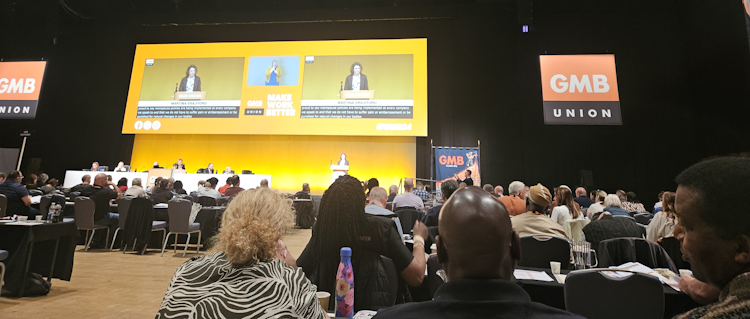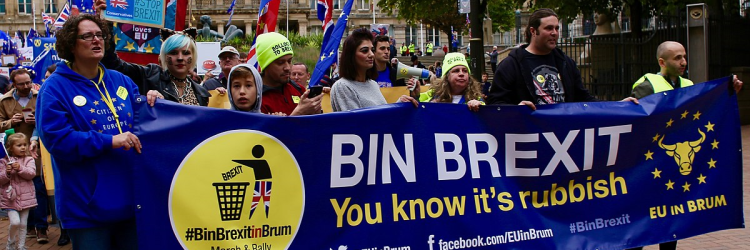I’m losing hope on my next passport being burgundy.
The only way the UK will rejoin the European Union he’s when it’s ready to be a good citizen.
It is clear that Labour’s leadership despite the opinion polls, have a view that better terms short of membership can be obtained. Firstly, i don’t think it’s desirable, and secondly, I’m not sure it’s available. All the intelligence suggests that the EU has no interest in replicating the Swiss arrangement and that the single market is indivisible.
Pretending that the Tory deal has failed due to its design and that all it needs is “grown ups in the room”, a view reinforced by numerous academics attempting to prove how clever they are by designing a new relationship, Is unlikely to succeed.
At the moment EU accession requires a unanimous vote on the EU council; this would mean the UK reacquires its political rights and full access to the subsidy programmes. This is unlikely to happen while we have a big bill poster signposts that we proposed to continue to behave as we did before we left.
It looks as if the people are ready to rejoin, but without leadership and a vigorous explanation that the opt-outs have gone and we need to be good citizens within the union I think it unlikely we will persuade the EU that we are suitable candidates.
The EU would almost certainly require a referendum to show that the government mandates is supported. It’s been said many times, that the EU don’t wish to play okie cokie with us.
It is sad that the elections to the European Parliament will have damaged both programmes for reform of the European Union. The Federalist proposition will have been weakened by the losses to the Greens and ALDE (Liberals) in the EP, and the growth of the ECR, who are campaigning to return competencies to the member states, and the alternative, “Sailing the High Seas”, which I characterise as Prix Fixé as opposed to a-la-carte, will have its support weakened by the French and German results where the sponsoring Governments both lost support.
I am of the view that StHS with it flexibility would be a better target to rejoin than the current EU or the Federalist alternative but rejoining the EU is needed to fix our economy and our democracy. People’s sovereignty requires access to human rights courts, and the UK needs an internal subsidiarity agreement, which I hope implementing the Brown Commission proposals will give us although the Labour manifesto promises the devolution without the funding and structural reform to embed such devolution. …











